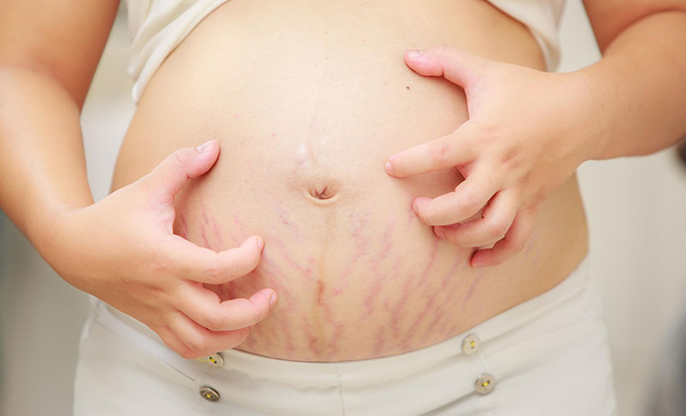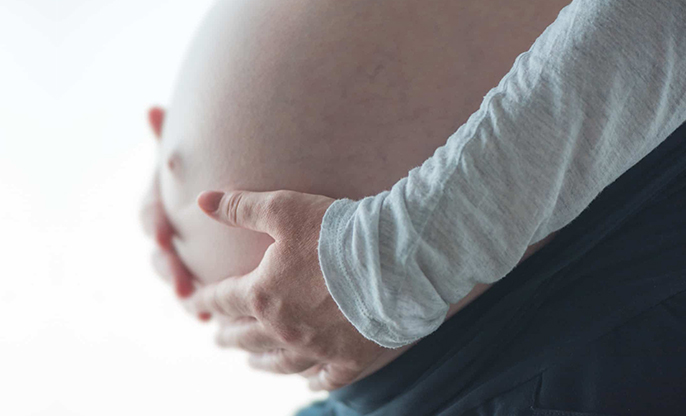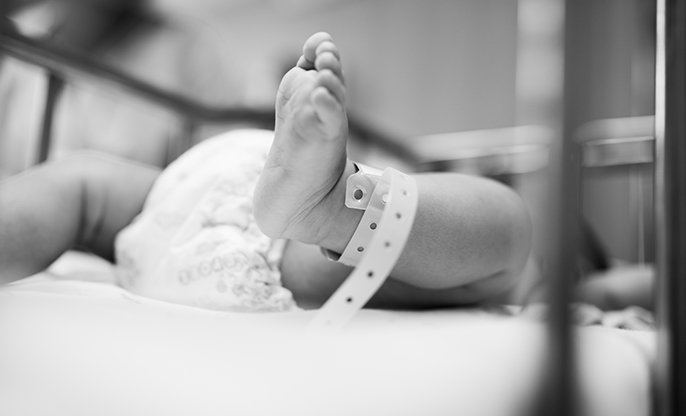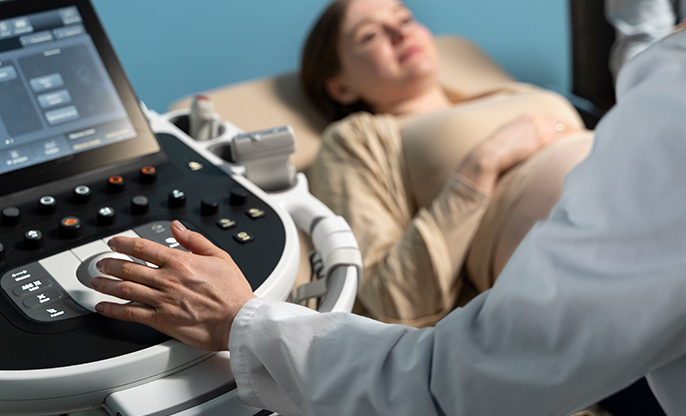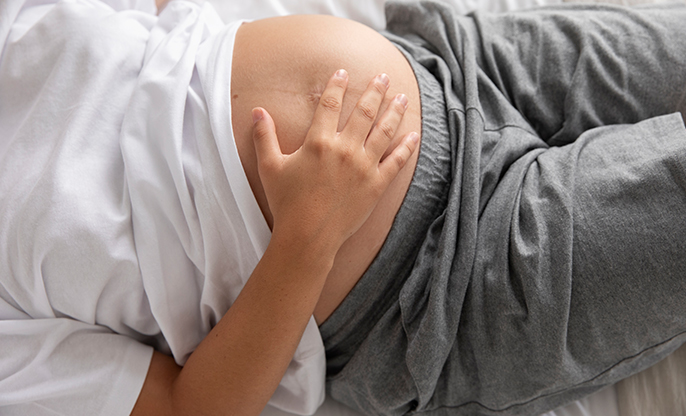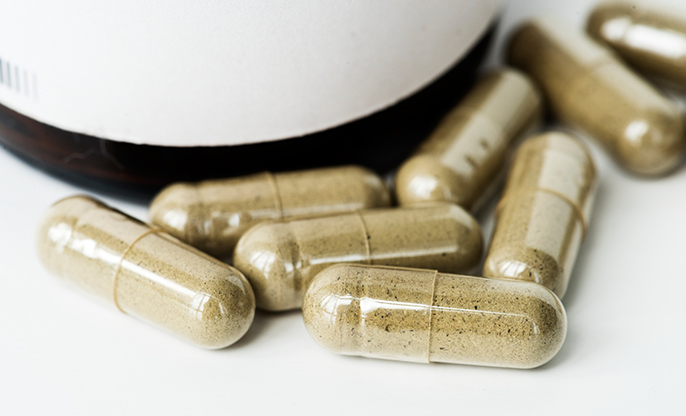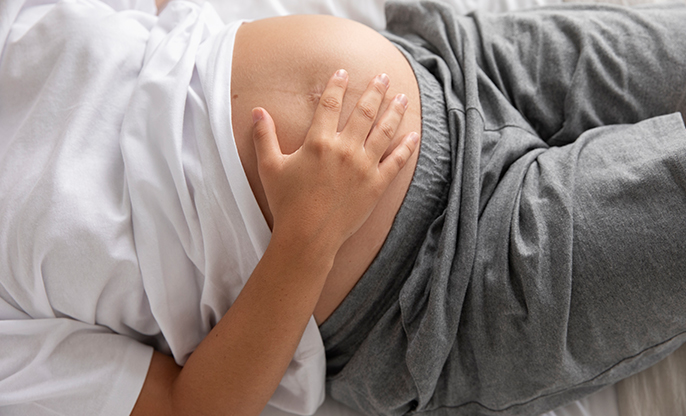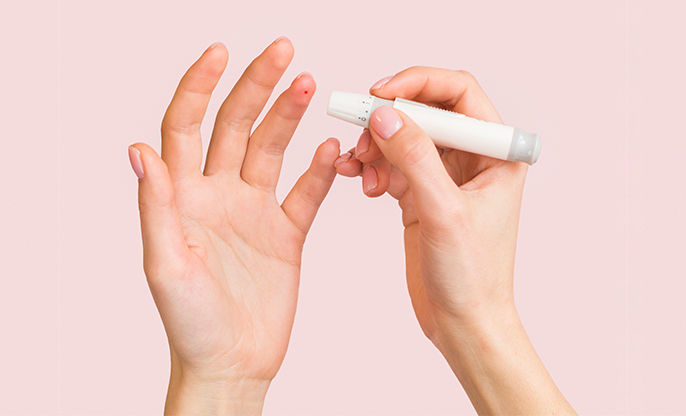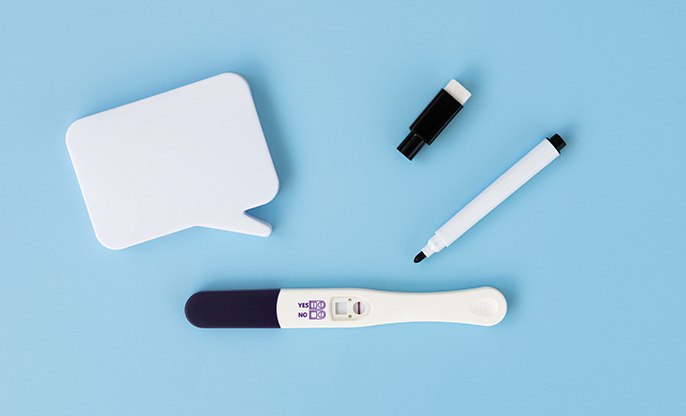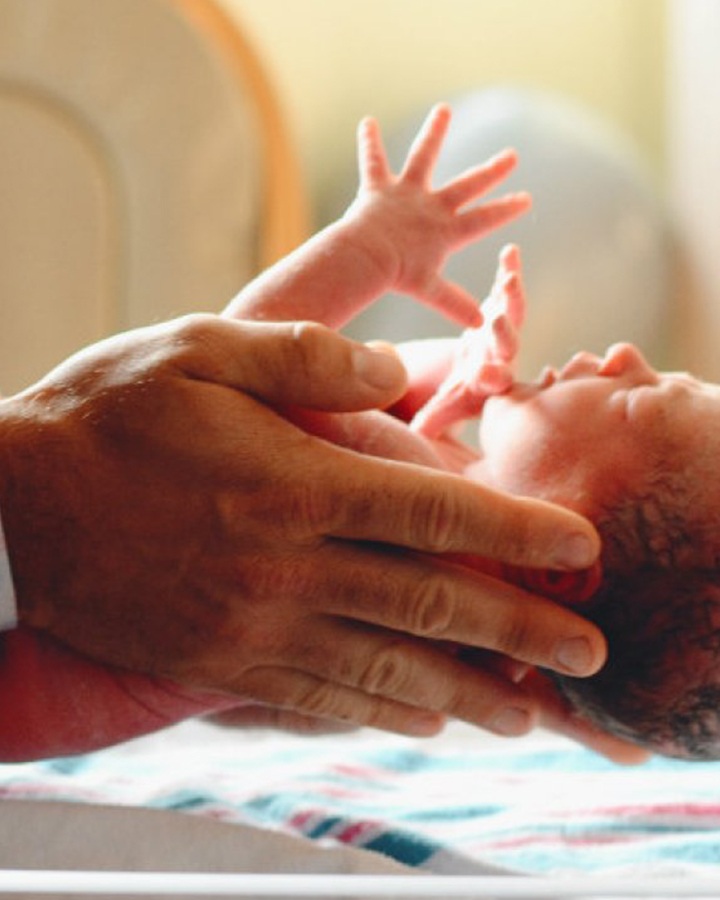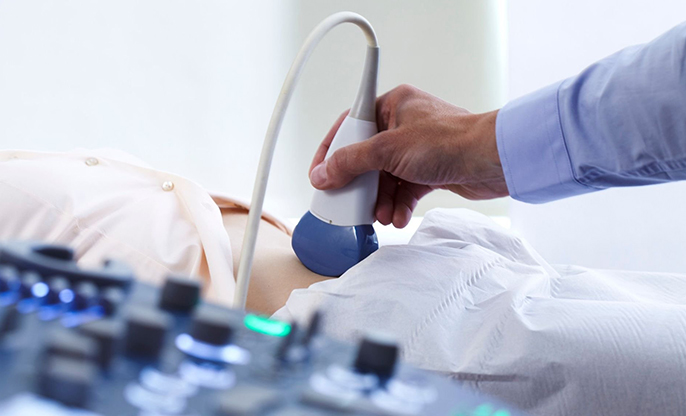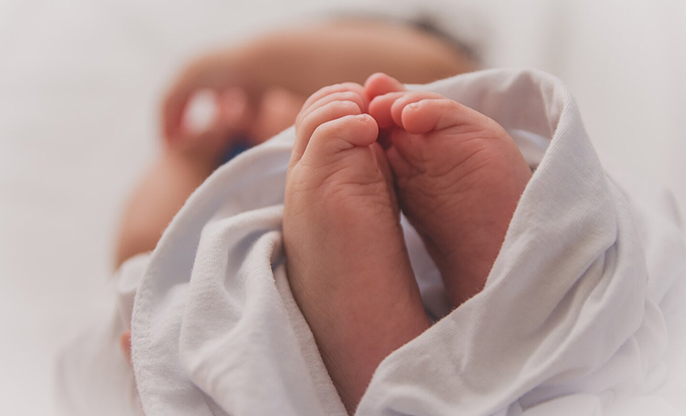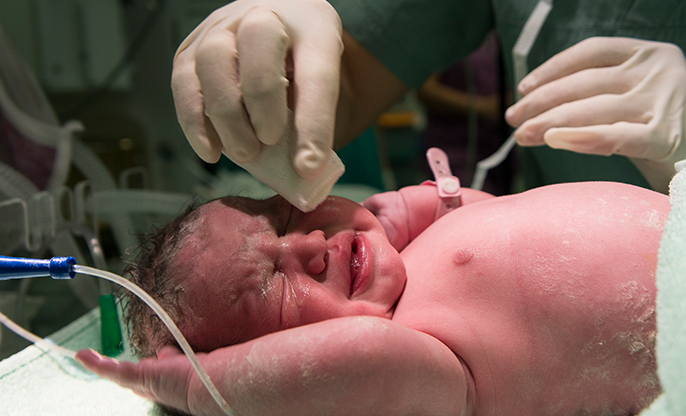
Gestational diabetes is a form of hyperglycaemia, a disease of the pancreatic beta cells which do not get sufficient insulin to meet the increased requirements of pregnancy. Secondly, some women have genetic variants that are diagnostic of monogenic forms of diabetes, mainly including maternally inherited diabetes. Thirdly, are the woman with a history of obesity and chronic insulin resistance.
Any of the above three mechanisms can cause Gestational Diabetes Mellitus (GDM), posing as a threat to your baby’s wellbeing during pregnancy and even after birth. Yes, because of the extra insulin made by the baby’s pancreas, new-borns may have very low blood glucose levels at birth and are also at a higher risks of breathing problems. Various studies also say that babies born with excess insulin become children who are at a high risk for obesity.
Medical management
At
large, GDM is treated nutritionally; intensification with insulin or oral
antidiabetic agents are added if maternal glucose levels and/or foetal growth
parameters indicate a sufficiently high risk of perinatal complications.
Nutritional requirements are the same for pregnant women with and
without GDM. However, several dietary modifications can lower glucose levels
more effectively than a standard diet for pregnant women. These include
reducing caloric intake for overweight and obese women (for example, to ~25
kcal/kg of body weight), limiting carbohydrate content to 35–40% of total
calories and focusing on complex rather than simple carbohydrates. These
principles can be applied in practice by individualizing dietary advice under
the guidance of a nutritionist who is expert in dietary management of women
with diabetes mellitus in pregnancy.
The next step after initiating nutritional therapy is self-monitoring of your blood sugar, at regular intervals. Alongside, also note - regular exercise of lower intensity, such as walking after meals, is often recommended for women with GDM.
Implications for birth
With Gestational Diabetes Mellitus, chances of caesarean births are
more. Secondly, GDM may cause perinatal depression in the mother and preterm
birth for the baby. Birth injuries or congenital anomalies of the following are
also caused by GDM;
- Spine
- Skeletal
- Genitouri- nary
- Cardiovascular
systems
- Visceral situs
inversus
- Lastly, most specific anomaly is sacral agenesis


